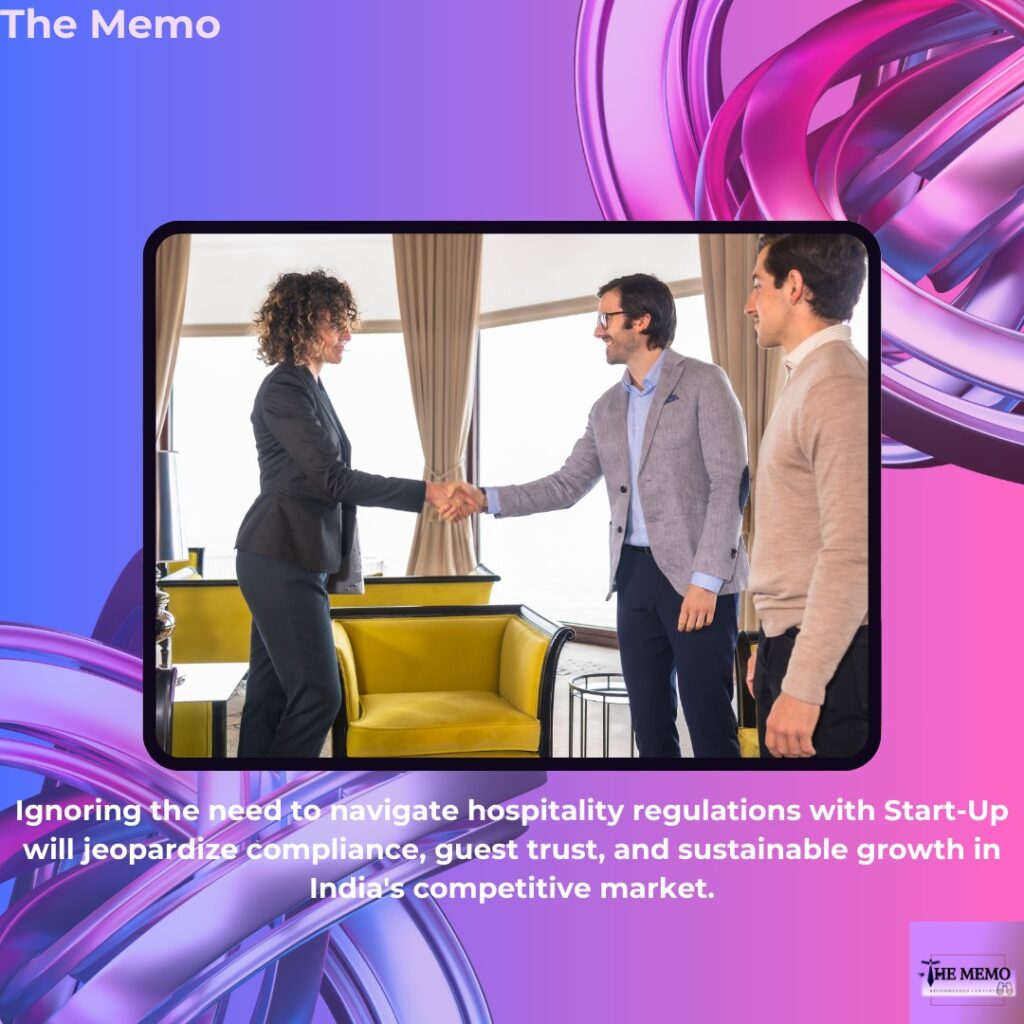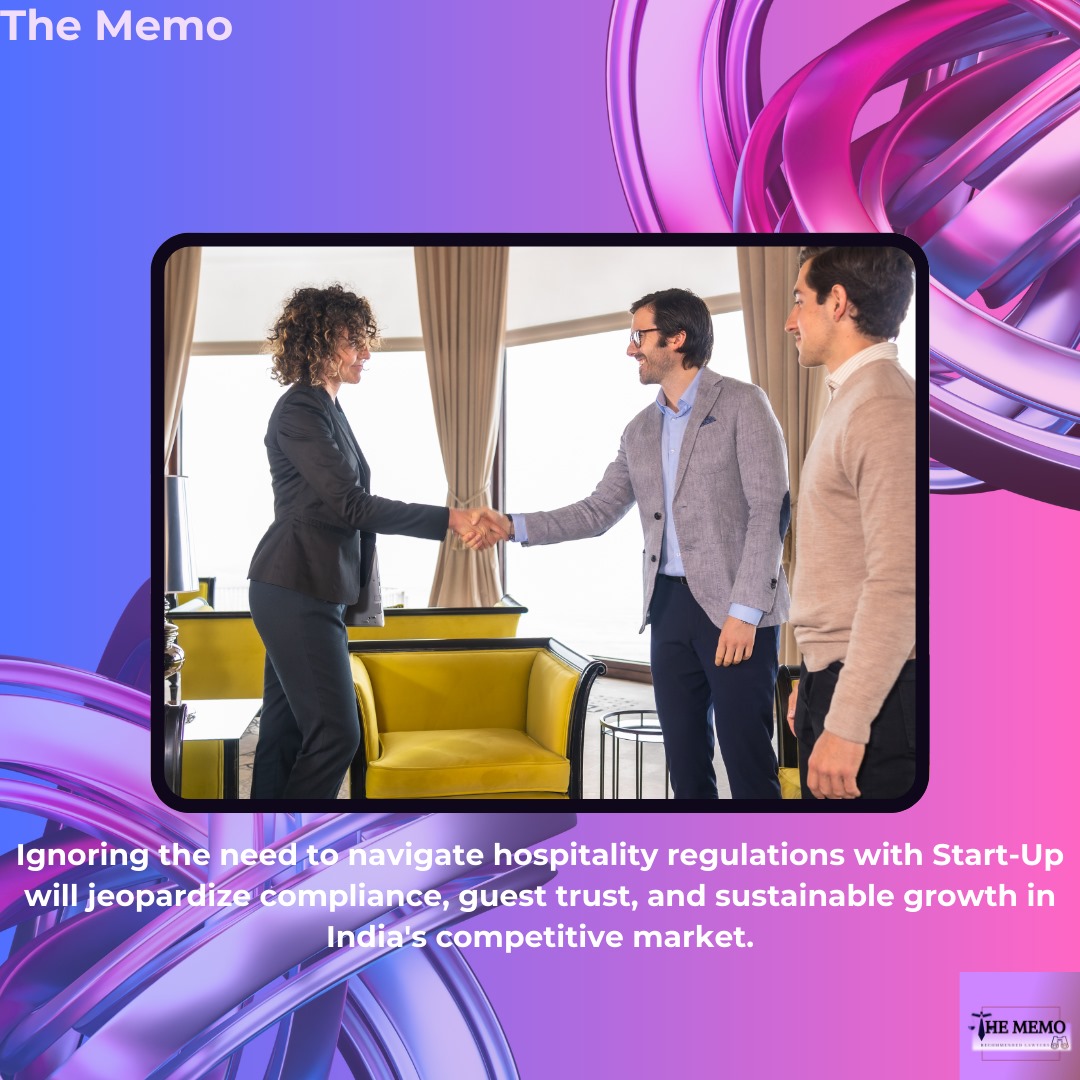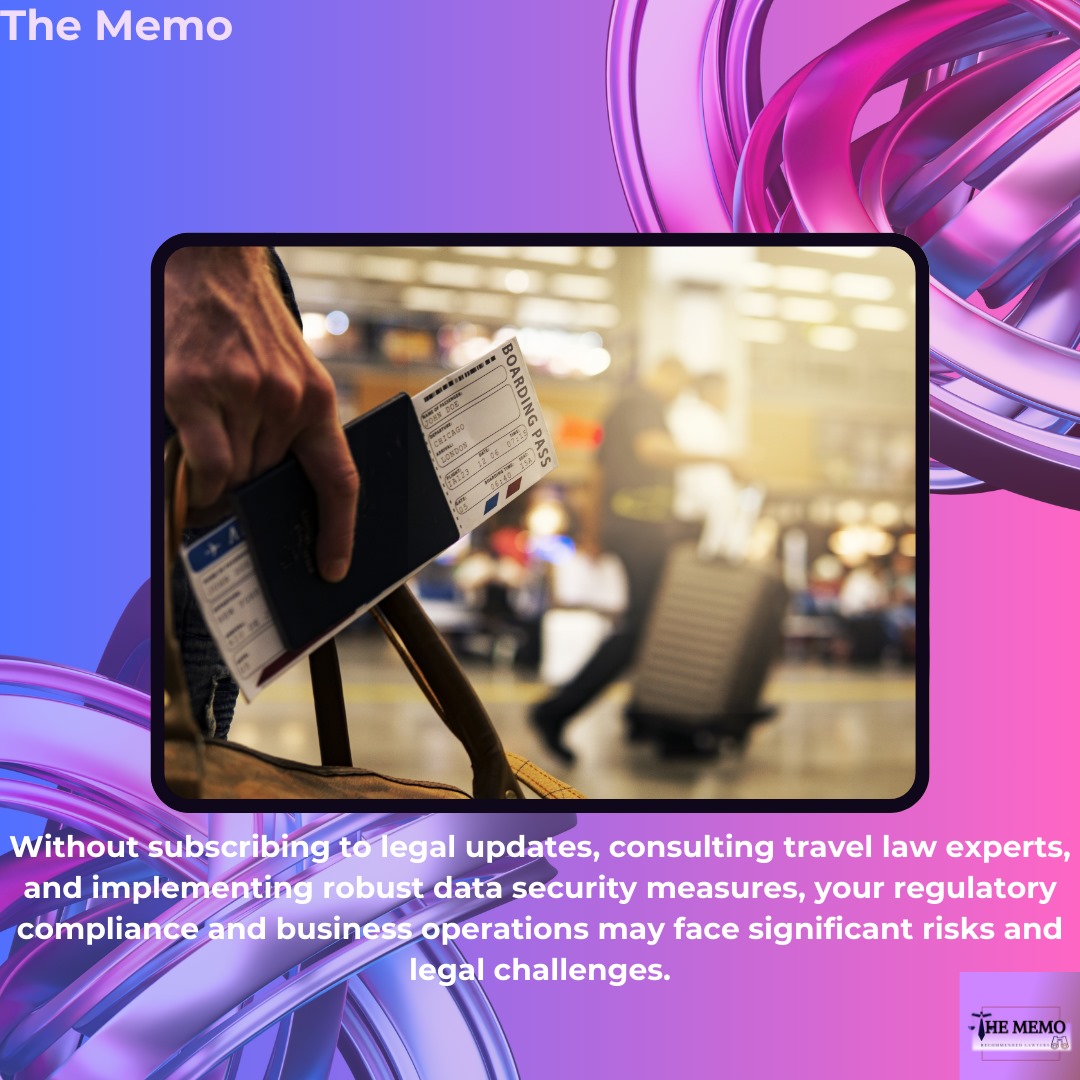
Start-Up emerged as a promising player with an innovative approach to providing high-quality lodging and dining experiences. Founded in 2018 in New Delhi by a group of passionate entrepreneurs, Start-Up sought to redefine the hospitality industry by combining luxurious accommodations with exceptional service. Despite its rapid growth and success, Start-Up encountered significant legal challenges related to compliance with regulations set by the Ministry of Tourism Development (MoTD) of the Government of India. This article explores the legal hurdles faced by Start-Up, their impact on the business, and the steps taken to rectify these issues.
The Genesis of Start-Up
Start-Up was established with a vision to offer a unique blend of luxury and comfort to travelers and food enthusiasts. The startup quickly gained popularity for its meticulously designed hotels and gourmet restaurants, attracting both domestic and international tourists. By focusing on personalized service and innovative hospitality concepts, Start-Up set itself apart in a crowded market.
However, as Start-Up expanded, it faced critical legal challenges stemming from non-compliance with the regulations and requirements overseen by the MoTD and its associated bodies, such as the Hotel and Restaurant Approval and Classification Committee (HRACC).
Legal Challenges and Regulatory Bodies
The Ministry of Tourism Development (MoTD) has established the Hotel Development and Promotion (HDP) Board to facilitate project clearance and approvals for the construction and development of hotels. The HDP Board also monitors and reviews federal and state licensing requirements. Additionally, the HRACC is responsible for granting star ratings to hotels based on 17 criteria for a period of five years, requiring application for renewal six months prior to expiration. The Federation of Hotels and Restaurants Association of India and Hotel Association of India are crucial associations that represent the interests of hotels and restaurants operating in the country.
Start-Up’s failure to adhere to these regulatory requirements resulted in several significant legal challenges:
Project Clearance and Approvals
Issue: Start-Up initiated construction and development of new properties without obtaining the necessary clearances and approvals from the HDP Board.
Impact: This oversight led to legal notices, fines, and the temporary suspension of construction activities, delaying project timelines and increasing costs.
Licensing Requirements
Issue: Start-Up did not fully comply with the licensing requirements at both federal and state levels, including health and safety permits, fire safety clearances, and environmental approvals.
Impact: Non-compliance with licensing requirements exposed Start-Up to regulatory actions, including fines and potential shutdowns of non-compliant properties, undermining customer trust and operational stability.
Star Rating Compliance
Issue: Start-Up failed to apply for star rating renewal from the HRACC within the stipulated six-month period before expiration.
Impact: This lapse resulted in the loss of prestigious star ratings, affecting the perceived quality and reputation of Start-Up’s properties, leading to a decline in customer bookings and revenue.
Association Memberships
Issue: Start-Up was not actively engaged with key industry associations such as the Federation of Hotels and Restaurants Association of India and the Hotel Association of India.
Impact: Lack of active membership and participation in these associations limited Start-Up’s access to industry insights, advocacy, and support, which are crucial for navigating regulatory challenges and influencing policy developments.
Steps to Address Compliance Issues
Confronting these compliance challenges was essential for Start-Up to restore its legal standing, regain customer trust, and ensure sustainable growth. The founders implemented a series of strategic measures to rectify the situation:
Engaging with the HDP Board
Solution: Start-Up engaged legal and regulatory consultants to navigate the complex process of obtaining project clearances and approvals from the HDP Board. This involved submitting detailed project plans, environmental impact assessments, and safety protocols.
Benefit: Securing the necessary approvals from the HDP Board allowed Start-Up to resume construction activities, ensuring compliance with legal requirements and preventing future project delays.
Ensuring Licensing Compliance
Solution: Start-Up conducted a comprehensive audit of all its properties to identify and address gaps in licensing compliance. The startup worked closely with local authorities to obtain the required health and safety permits, fire safety clearances, and environmental approvals.
Benefit: Achieving full licensing compliance mitigated the risk of regulatory actions and operational disruptions, enhancing the safety and legality of Start-Up’s operations.
Star Rating Renewal Process
Solution: Start-Up established a dedicated compliance team to manage the star rating renewal process, ensuring timely submission of applications and adherence to HRACC’s 17 criteria. The team also maintained regular communication with HRACC to stay informed about any changes in rating requirements.
Benefit: Timely renewal of star ratings reinstated the prestigious classification of Start-Up’s properties, boosting their reputation and attractiveness to customers, which in turn improved occupancy rates and revenue.
Active Association Membership
Solution: Start-Up joined the Federation of Hotels and Restaurants Association of India and the Hotel Association of India, actively participating in meetings, workshops, and advocacy initiatives. This engagement provided Start-Up with valuable industry insights and support.
Benefit: Active membership in these associations strengthened Start-Up’s industry connections, provided access to regulatory updates, and enhanced its ability to advocate for favorable policy changes.
Proactive Measures for Future Compliance
To prevent future compliance issues and ensure ongoing adherence to regulatory requirements, Start-Up implemented several proactive measures:
Regular Compliance Audits
Conducting periodic internal audits to review compliance with regulatory requirements and identify potential gaps or areas for improvement.
Compliance Training Programs
Implementing training programs for staff to enhance their understanding of regulatory requirements and their role in maintaining compliance.
Compliance Management System
Developing a robust compliance management system to track regulatory requirements, manage documentation, and ensure timely renewal of permits and licenses.
Regulatory Liaison
Appointing a dedicated regulatory liaison officer to maintain regular communication with regulatory bodies, stay updated on policy changes, and advocate for the startup’s interests.
Stakeholder Engagement
Engaging with key stakeholders, including customers, partners, and regulatory authorities, to build trust and foster positive relationships that support compliance efforts.
Conclusion
The journey of Start-Up highlights the critical importance of regulatory compliance in the hospitality industry. Non-compliance with the regulatory requirements set by the Ministry of Tourism Development and its associated bodies can have far-reaching implications, including legal risks, operational disruptions, financial penalties, and reputational damage. However, by acknowledging these challenges and taking comprehensive measures to address them, Start-Up demonstrated resilience, adaptability, and a commitment to regulatory integrity.
Through diligent efforts to secure necessary clearances, licenses, and star rating renewals, as well as active engagement with industry associations, Start-Up successfully navigated through legal hurdles and emerged as a stronger and more resilient enterprise. The lessons learned from this experience have equipped Start-Up with the knowledge and strategies needed to maintain compliance and foster sustainable growth in the competitive hospitality market.
Moving forward, Start-Up must remain vigilant in its compliance efforts, continuously monitoring regulatory changes and adapting its practices to ensure ongoing adherence to legal standards. By prioritizing compliance and maintaining a culture of transparency, accountability, and continuous improvement, Start-Up can safeguard its operational success, build lasting relationships with stakeholders, and continue to provide exceptional hospitality experiences to its valued guests.





